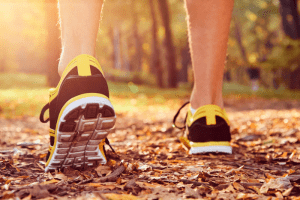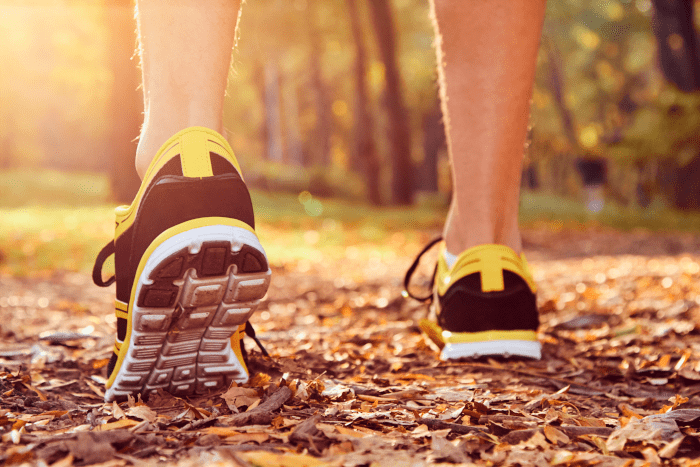 If I had to choose between going to the movies or going on a scenic nature hike, you’d find me at the movie theater, waiting in line for a large popcorn with extra butter. If friends called to invite me to the beach, I’d decline and meet them later at our favorite restaurant.
If I had to choose between going to the movies or going on a scenic nature hike, you’d find me at the movie theater, waiting in line for a large popcorn with extra butter. If friends called to invite me to the beach, I’d decline and meet them later at our favorite restaurant.
Nature and Mental Health
Bugs, sunburn, dirt, sweating: I associated all of these downsides with going outside. However, last year, when the Coronavirus pandemic forced me and millions of other people to stay indoors for months, I began to seriously miss nature.
The first side effects I noticed were more mental and emotional than physical. I felt antsy and restless at the same time that I felt bored and lethargic. Soon I was regularly anxious, my sleep was interrupted, and my digestion was poor.
When restrictions eased up, I headed out at 6:00 AM one day and hiked up a mountain to see the sunrise. As I made my way down the mountain, birds sang, a light breeze rustled the leaves of the trees, the scent of flowers and grass drifted through the air, and I could feel the sunshine on my face.
My anxiety eased, my sleeping habits returned to normal, and I had an appetite again. “You see!” my mom said, “You just needed to get outside!”
The Great Outdoors or the Greatest Therapist?
Science backs up the positive effects of nature for everyone who experiences stress. One Japanese study from 2011 found that people who sat and walked outside in forests showed decreased levels of stress and anxiety when compared with people who spent their time mostly indoors or in urban areas. This manifested in lowered cortisol levels–the stress hormone–and higher immune system function.
This study followed an earlier study from 1991, which found that people experienced greater relief from stress when they spent time in nature. The researchers hypothesized that since human beings evolved outdoors, we are uniquely suited to outdoor environments. They concluded that the outdoors has a statistically significant restorative effect on people in the present day.
Nature and Addiction Recovery
It’s no surprise that detox, withdrawal, and addiction treatment are very taxing on the minds and bodies of individuals taking control of their substance abuse disorders.
While treatment and recovery can feel busy–even stressful–with the hours spent in therapy and in rebuilding one’s self and relationships, taking time to spend in nature each day will ease stress rather than adding to it.
There’s no need to be a professional mountain climber or long-distance runner to relax your brain and experience emotional relief while solidifying a sober lifestyle. The following low-intensity activities can provide more clarity and calmness in sobriety:
- Taking walks, short or long
- Gardening, landscaping, birdwatching, or fishing
- Playing catch, frisbee, or any game outdoors
- Biking or going on picnics
- Doing yoga, meditating, reading, or taking pictures outdoors
These everyday activities have a biologically calming effect when performed outside. They provide options for finding peace and safety that don’t involve substances. They’re easy, they’re fun, and they strengthen sobriety.
The Sun’ll Come Out Tomorrow
We’re huge proponents of all the natural elements of our renowned wellness program. Our clients have the option to participate in equine therapy, to walk the trails among our stately trees, to do yoga on our beautiful grounds, and much more.
In addition to our robust professional detox and residential treatment programs, our campus provides access to the great outdoors, fresh air, and plenty of Texas sunshine. Take a look here to see our buildings, landscapes, and all the space at your disposal for healing, relaxation, and restoration in nature.



